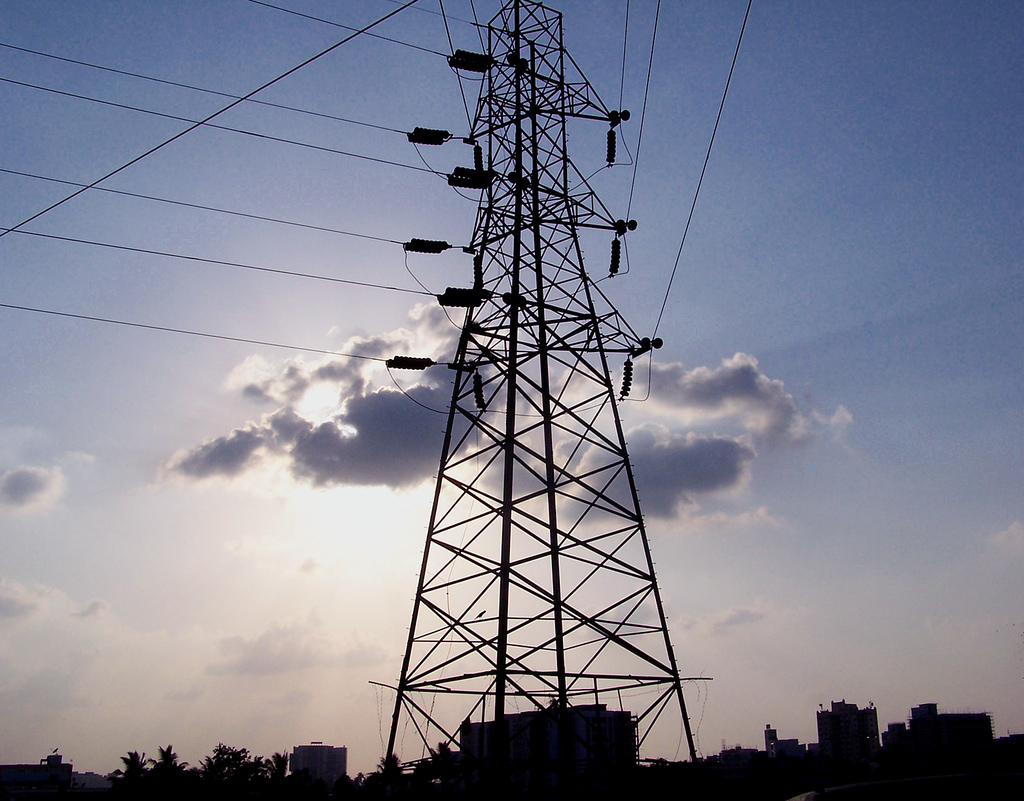The ADB will draw upon its Ordinary Capital Resources, as well as Leading Asia’s Private Sector Infrastructure Fund (LEAP), to facilitate the planned investment, according to an online statement. LEAP is a funding facility under the Japan International Cooperation Agency (JICA), which the ADB administers.
“Supporting renewable energy capacity enhancement by way of debt and equity is a key focus area of ADB’s private sector strategy,” said Mayank Choudhary, principal investment specialist for the ADB.
Avaada develops utility-scale, rooftop and off-grid PV projects. It has already signed PPAs for roughly 1.7 GW of solar capacity, the ADB said, claiming that its investment will allow the company to expand its plans beyond the 2 GW threshold.
The ADB said the investment will make a significant contribution to the Indian government’s renewable energy goals. The authorities currently aim to have renewables such as solar PV account for 40% of national generating capacity by 2030, from about 20% last year.
The investment by the ADB is the development bank’s second major solar-focused initiative to be announced this week. In a separate agreement, it said it would work with LEAP to provide $18.7 million to Sermsang Power and Tenuun Gerel Construction. The two companies will use the funds to develop a 15 MW solar project in Mongolia.
Early last year, Avaada announced plans to invest $1.55 billion to develop 1.6 GW of solar capacity in the Indian state of Uttar Pradesh. More recently, the group was one of several developers that bid on a sizeable chunk of a 1 GW solar tender in the state of Maharashtra.
This content is protected by copyright and may not be reused. If you want to cooperate with us and would like to reuse some of our content, please contact: editors@pv-magazine.com.



Avaada Energy Private (AEPL) previously secured power purchase agreements of about 1,700MW. With the latest equity investment, the company is well funded to exceed a capacity of 2GW.
Solar plant wants to be set up remotely in bangladesh